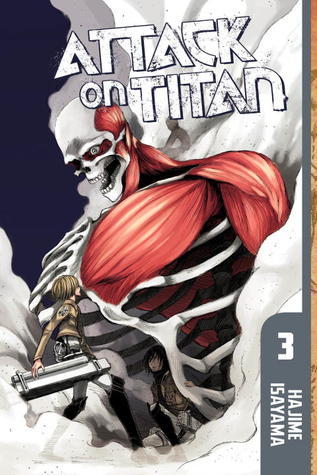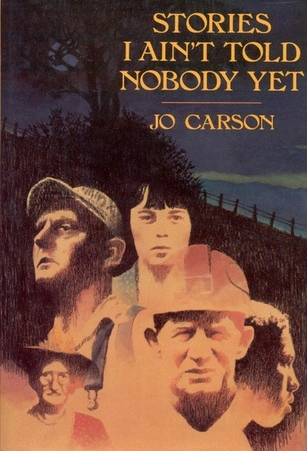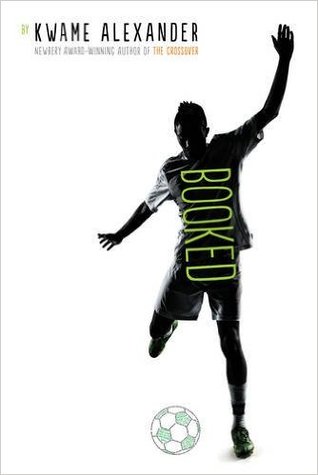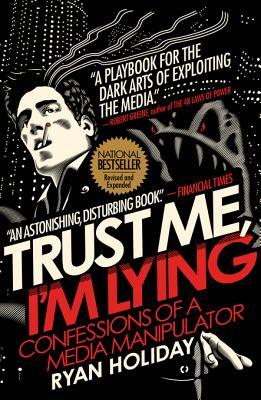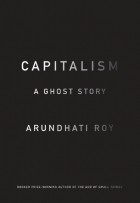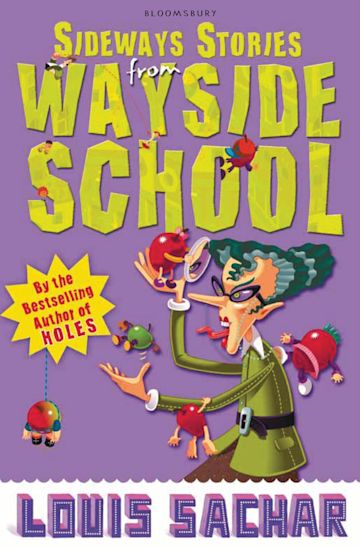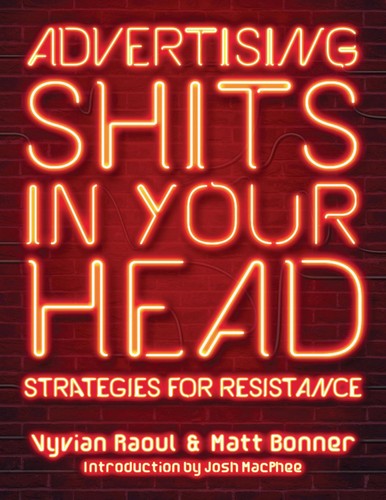Things must be negative but not too negative. Hopelessness, despair—these drive us to do nothing. Pity, empathy—those drive us to do something, like get up from our computers to act. But anger, fear, excitement, or laughter—these drive us to spread. They drive us to do something that makes us feel as if we are doing something, when in reality we are only contributing to what is probably a superficial and utterly meaningless conversation. Online games and apps operate on the same principles and exploit the same impulses: be consuming without frustrating, manipulative without revealing the strings.
It packs a lot into one place, with a lot of really well constructed and fast critiques. Definitely good for those who haven't yet recognised the way that restaurants fit into the capitalist system (because the first two sections focus on the food service sector).
Two things I wasn't fond of, though.
First, the zine design with hyper-crammed text, which was frustrating for a dyslexic person. Sometimes I couldn't figure out where I was in a sentence, meaning I had to go backwards. Genuinely had to read it on the computer because I needed to be able to highlight lines to keep reading properly.
Second, a common issue in anarchist agitprop is provocative phrasing that often shows cracks in solidarity. They talk about people as being 'schizophrenic', implying that this is an inherently bad thing (or implying the people doing this are bad). We don't need to do ableism in …
